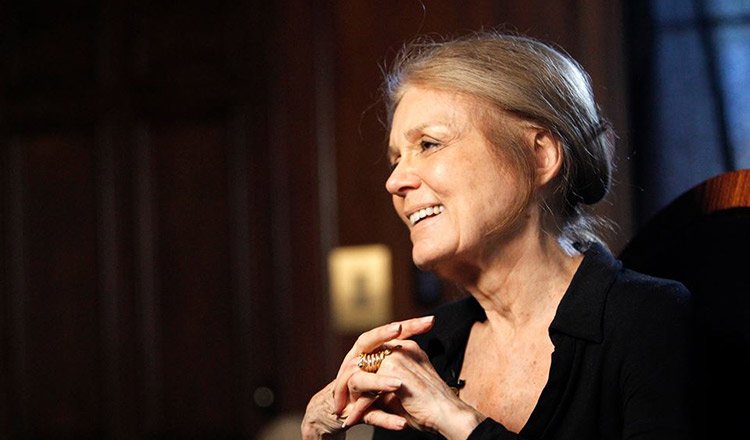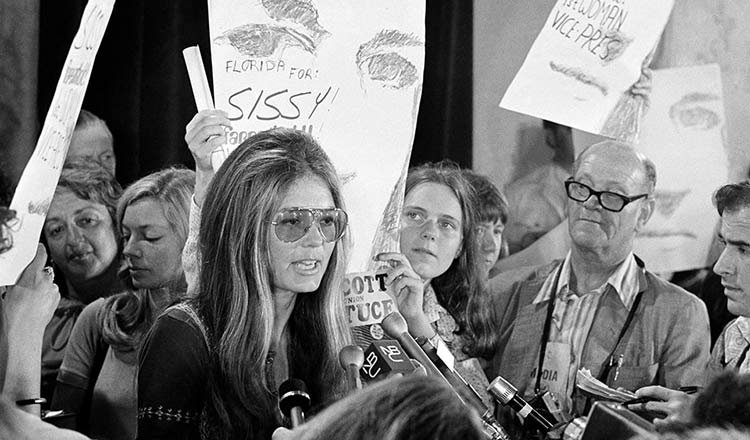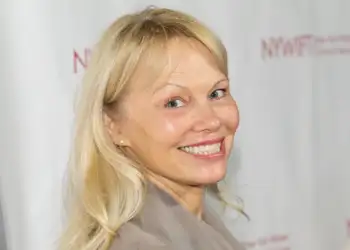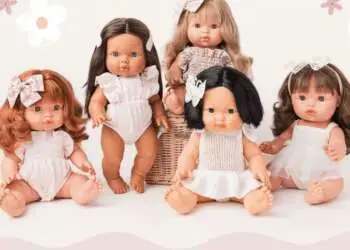Announced to coincide with International Women’s Day, Gloria, 81, will be in Australia to talk about her new memoir My Life On the Road and comment on the US presidential election.
An unabashed supporter of Democrat favourite Hillary Clinton, Gloria is still in hot demand around the world as a guest speaker and regularly cited as the inspiration for a new generation of feminism advocates.
One of the most high-profile of her followers is actress and UN Goodwill Ambassador Emma Watson.

She recently sat down with the feminist author and activist for a 90-minute, wide-ranging conversation that touched on sexuality, abortion, violence against women, the representation of women and politics.
One of their most animated discussions was around the issue of body image.
“Our bodies are instruments, not ornaments,” said Gloria. “We should celebrate our different shapes and sizes, our caesarean scars and all the other beautiful imperfections that make us who we are. I hope every woman in this room goes home tonight, looks in the mirror and says, ‘Yes, this is fan-f**king-tastic!’”
Gloria first burst onto the radar in 1963 when she went undercover as a Playboy bunny at the New York Playboy Club.

The resulting magazine story lifted the lid on the exploitative working conditions and the sexual demands made on the bunnies.
Six years later Gloria also covered an abortion speak-out for New York Magazine, a story that ultimately led her on the path she is on now.
“It [abortion] is supposed to make us a bad person,” said Gloria, who had an abortion herself in London at the age of 22.
“But I must say, I never felt that. I used to sit and try and figure out how old the child would be, trying to make myself feel guilty. But I never could!”
That same year she also published an article, After Black Power, Women’s Liberation, which brought her to national fame as a feminist leader.
In 1972 she co-founded the feminist-themed magazine Ms. Its 300,000 test copies sold out nationwide in just eight days.

“I think the fact that I’ve become a symbol for the women’s movement is somewhat accident,” Gloria has stated.
“A woman member of Congress, for example, might be identified as a member of Congress; it doesn’t mean she’s any less of a feminist but she’s identified by her nearest male analogue.
“Well, I don’t have a male analogue so the press has to identify me with the movement. I suppose I could be referred to as a journalist, but because Ms. is part of a movement and not just a typical magazine, I’m more likely to be identified with the movement. There’s no other slot to put me in.”
For more information on the Sydney Writers’ Festival, click here.
















